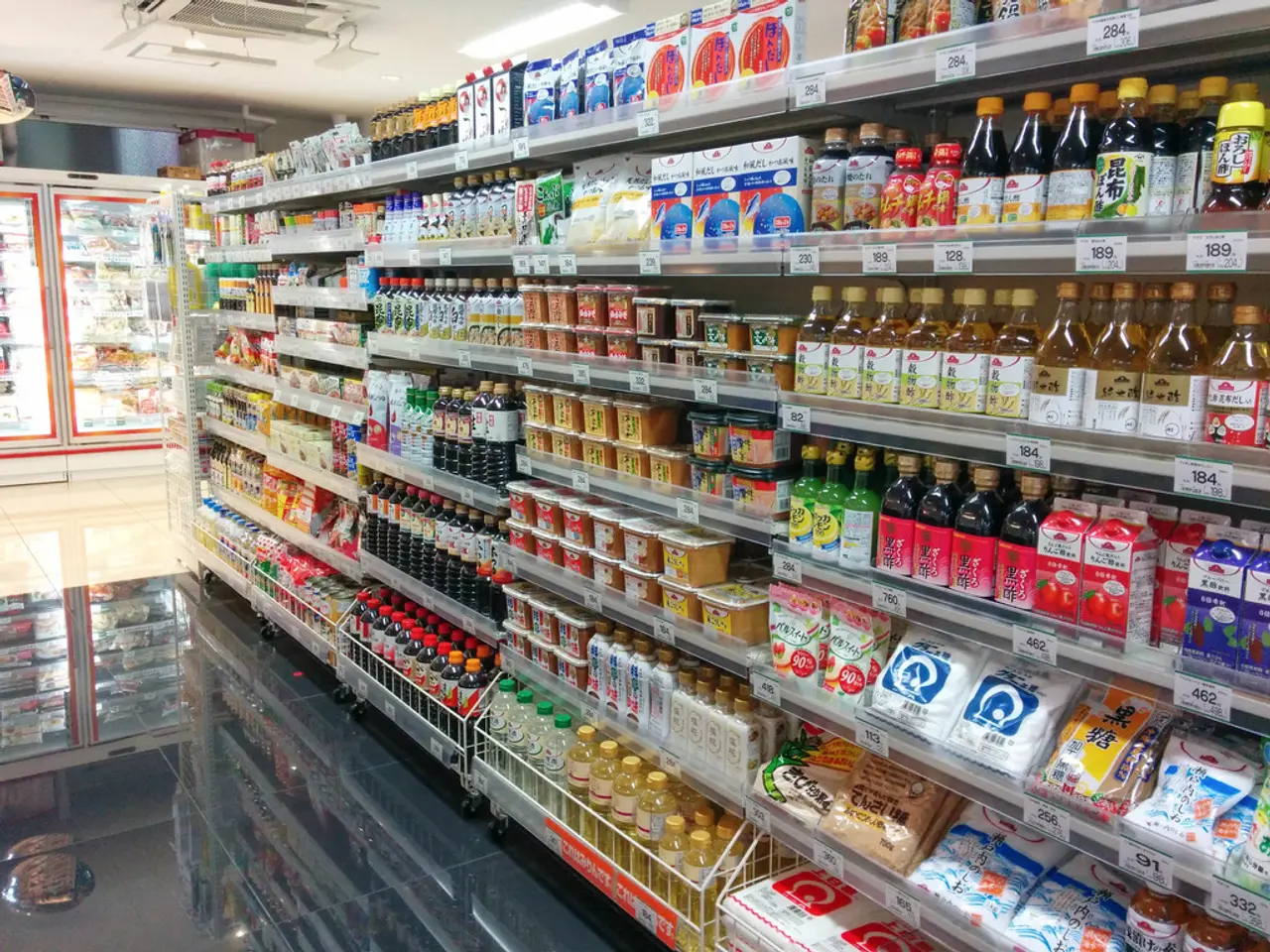Private equity firm set to buy out Michaels for an estimated $5 billion
In a significant move for the crafting industry, Apollo Global Management has agreed to acquire Michaels, the leading North American specialty retailer of arts and crafts, for $5 billion. This transaction values Michaels at approximately $3.3 billion.
The pandemic has ignited sales for craft stores like Michaels and Joann, and the company has made strategic investments in its online proposition, including curbside collection and same-day delivery. These efforts have paid off, with Michaels enjoying strong demand in non-crafting categories like jigsaw puzzles and toys.
The deal, which is expected to close in the first half of Michaels' fiscal year, has been unanimously approved by Michaels' board. Apollo's acquisition is expected to benefit from the crafting vogue and improvements in e-commerce.
Potential Benefits for Michaels with Apollo’s Acquisition
Apollo Global Management, a major private equity firm, often brings substantial capital resources. This acquisition could enable Michaels to invest in inventory, expand e-commerce, renovate stores, or enhance marketing—all crucial steps given the surge in demand for craft supplies during and post-pandemic.
Apollo’s experience in scaling companies and managing portfolio businesses could help Michaels optimize supply chains and reduce costs, improving profitability during fluctuating demand periods.
Private equity acquisitions are often partially debt-financed, which can drive financial discipline and tax advantages. If Michaels' acquisition is debt-backed, Apollo might leverage this to fuel expansion or reinvention strategies.
Potential Risks for Michaels
However, the deal also introduces risks. Debt financing increases financial risk by imposing fixed repayment obligations, which could strain Michaels if pandemic-driven demand wanes or supply chain issues persist.
The pandemic-driven surge in craft store demand might not sustain at previous levels; any decline in consumer spending habits could impact revenues.
Aligning Michaels’ operations with Apollo’s portfolio management approach might face challenges, especially if rapid shifts in product focus or store formats are required.
Private equity ownership sometimes entails aggressive cost-cutting or store closures, which could affect customer experience and long-term brand value.
Looking Ahead
The success of the Michaels-Apollo deal cannot be just a financial play; there needs to be a strategy to boost revenue. The competition in the retail sector is stiff, and stores require investment. High levels of debt and steep management fees under private equity ownership have interfered with the turnovers at several retailers, potentially leading to bankruptcy.
Michaels has 25 days to solicit, evaluate, and potentially enter into negotiations with other suitors. If a better offer emerges, Michaels has the right to terminate the agreement with Apollo Global Management.
The deal will be financed through a combination of equity from Apollo-managed funds and debt financing. Credit Suisse, Barclays, Wells Fargo, RBC Capital Markets, Deutsche Bank, Mizuho, and Bank of America will provide debt financing for the deal.
The long-term debt in the Michaels-Apollo deal may require high interest payments, but with careful management and strategic planning, Apollo Global Management's acquisition of Michaels could prove to be a fruitful venture for both parties.
- The pandemic has led to an increase in demand for non-crafting categories like jigsaw puzzles and toys at craft stores such as Michaels.
- Apollo Global Management, a private equity firm, may use their capital resources to aid Michaels in expanding e-commerce, renovating stores, or enhancing marketing.
- Private equity acquisitions, often partially debt-financed, can drive financial discipline, tax advantages, and enable expansion or reinvention strategies.
- However, debt financing introduces financial risk by imposing fixed repayment obligations, and the pandemic-driven demand for craft stores might not sustain at previous levels.




